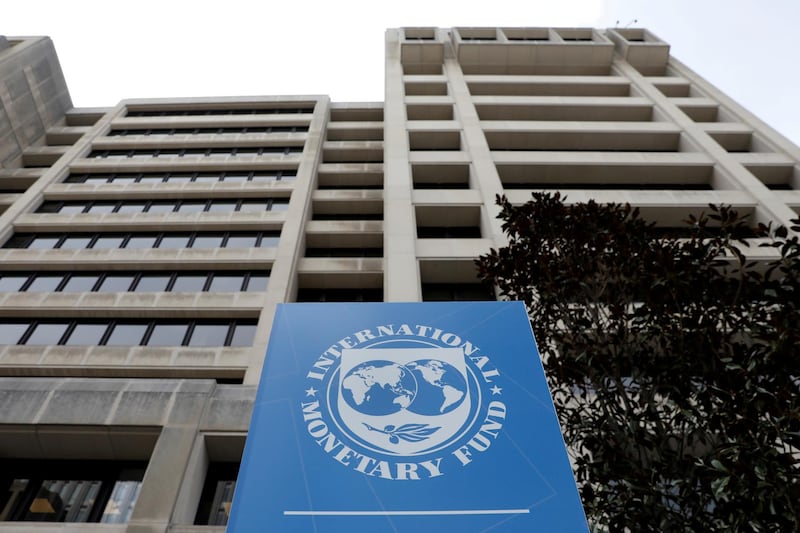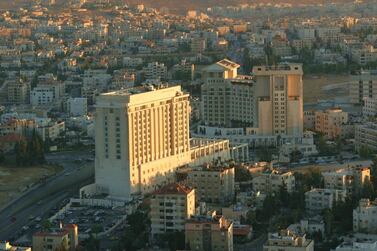Reforms to improve economic governance and reduce vulnerability to corruption are central to fostering higher and more inclusive growth in the Middle East and Central Asia, the International Monetary Fund said.
Setting good governance standards is even more important as countries look to recover from the economic shock caused by the Covid-19 pandemic, the fund said in a new report.
Fighting corruption and improving governance is “a lifelong priority and it takes time to achieve those objectives, but we cannot envisage a strong and sustainable recovery post-Covid without strong governance frameworks,” said Jihad Azour, director of the IMF’s Middle East and Central Asia department.
The fund's most recent economic outlook published in October forecast that the Middle East and North Africa region will grow 2.2 per cent this year, following an expected contraction of 5 per cent last year as a result of the pandemic.
The region scores lower than its global peers in terms of corruption perceptions, and although many countries have made progress in improving governance, “there is still much to do to reach higher levels of public confidence,” the IMF said.
“Addressing corruption is an important issue along the line – from institutions to operations, to the way public procurement is done [and] the way information is shared,” Mr Azour said during an online panel held to discuss the report’s findings on Wednesday evening.
There are significant discrepancies between countries in the region, with some having strongly improved governance, such as introducing laws to guarantee central bank independence, Mr Azour stated. There is also divergence between each national “operating system” – the rules and regulations governing conduct within a market.
If these are improved, they will “allow countries in the region to improve revenues, provide better services to their citizens, provide additional stability in terms of investment and increase the level of investment and job creation."
The area where the region could make the biggest gains is in improving fiscal transparency, the report said.
“This is an area where there are certain gaps that can be filled very quickly – in terms of transparency in the budget, the level of information and statistics, and the accuracy and independence of those,” Mr Azour stated.
“This is very important because this is how you provide a read on your real economy and … how you [show] your citizens the way their resources have been utilised,” he added.
The IMF recommends providing greater public access to budget information, introducing better procurement practices and improving the oversight of state-owned enterprises and sovereign funds. It also stresses the importance of strong governance in the financial sector, including better implementation of anti-money laundering and combatting the financing of terrorism rules.
Many countries in the region were already facing pressure as a result of low oil prices. As Covid-19 hit, countries such as Algeria, Lebanon and Iraq also witnessed anti-corruption protests, said Adeel Malik, an associate professor in development economics at Oxford University.
“Like any crisis, there are always opportunities in them,” he said.
The pandemic offers countries in the region the opportunity to target social spending more efficiently and put in place “new kinds of programmes [and] interventions” which could have an enduring impact, he added.








